Community Feature
Grand Rapids Community Foundation's Youth Grant Committee
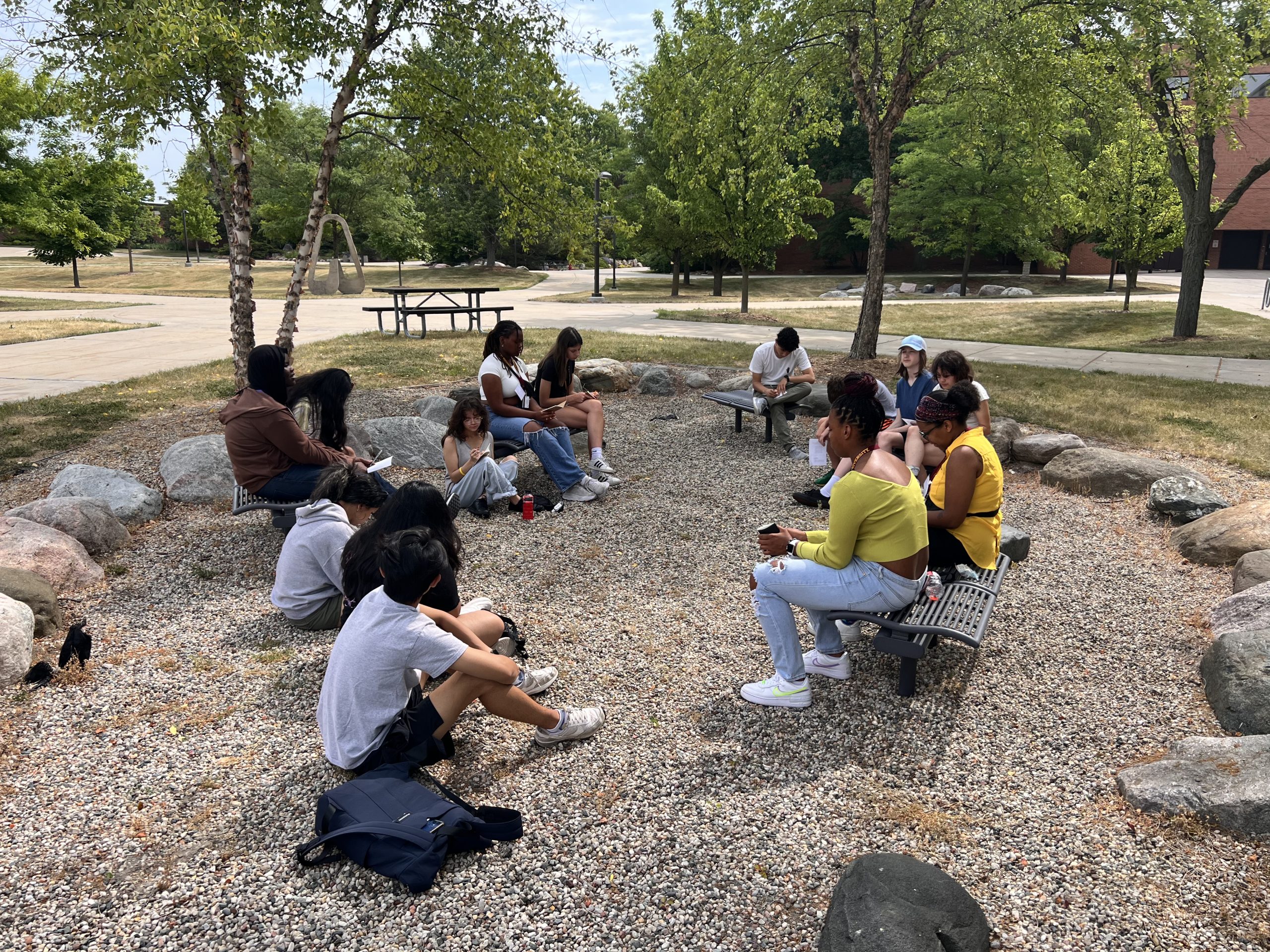
Community Feature - Grand Rapids Community Foundation's Youth Grant Committee
Youth Seek to Authentically Engage Diverse Community Voices
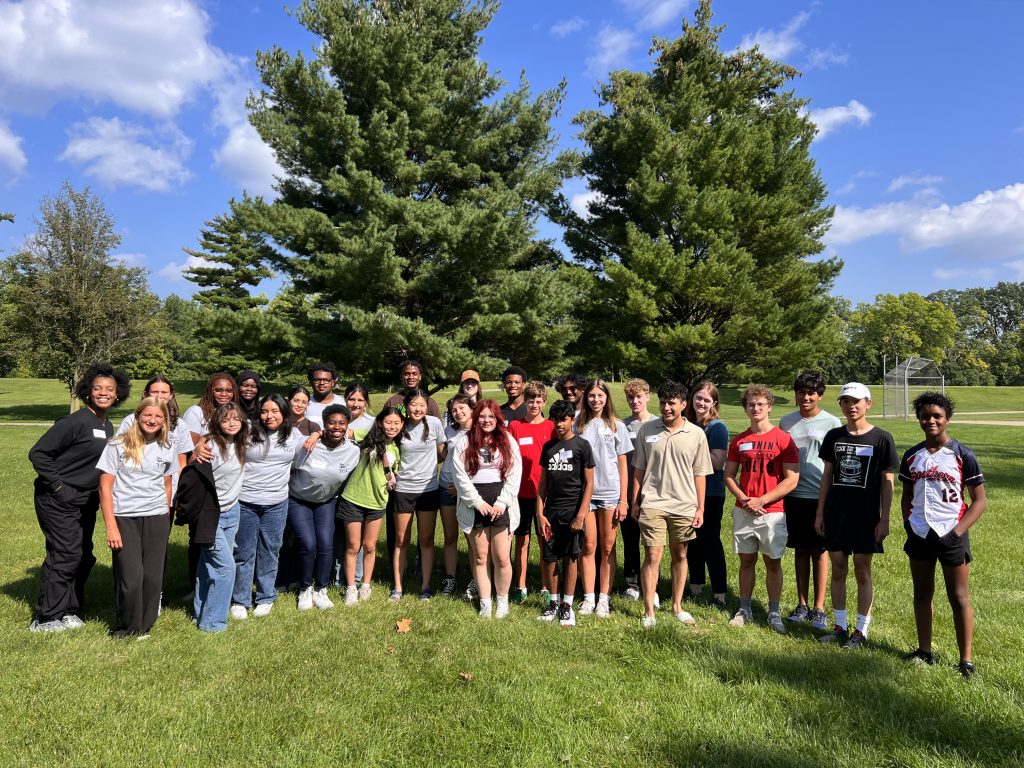
Members of Grand Rapids Community Foundation’s Youth Grant Committee gathering together.
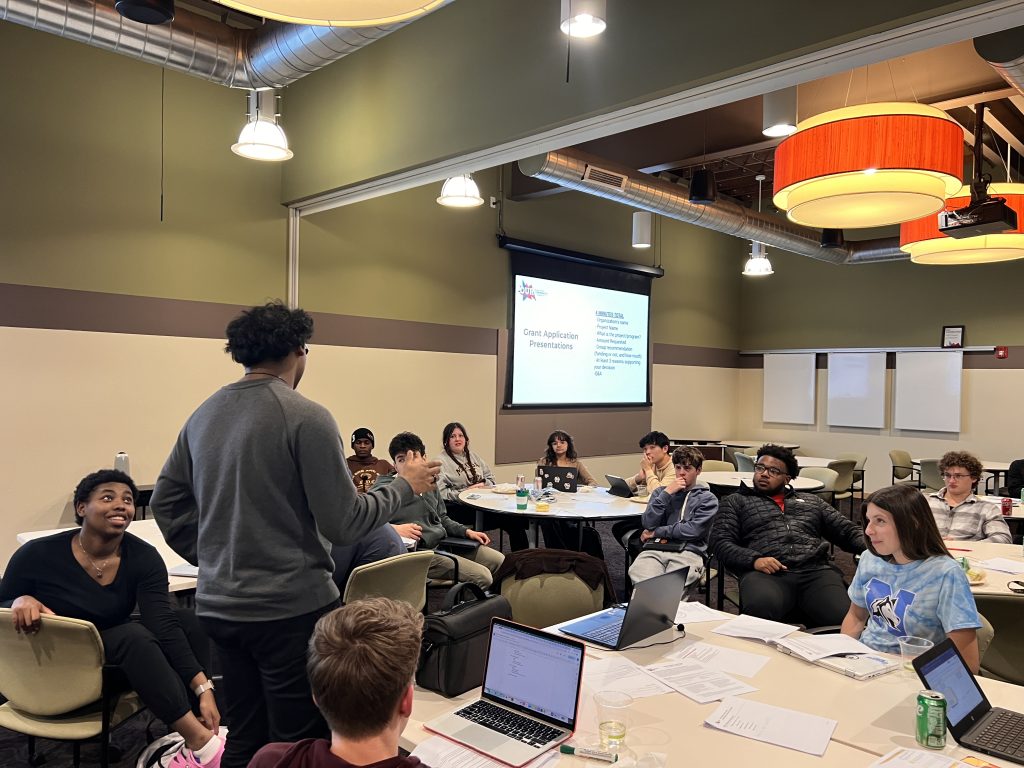
Members of Grand Rapids Community Foundation’s Youth Grant Committee gathering together.
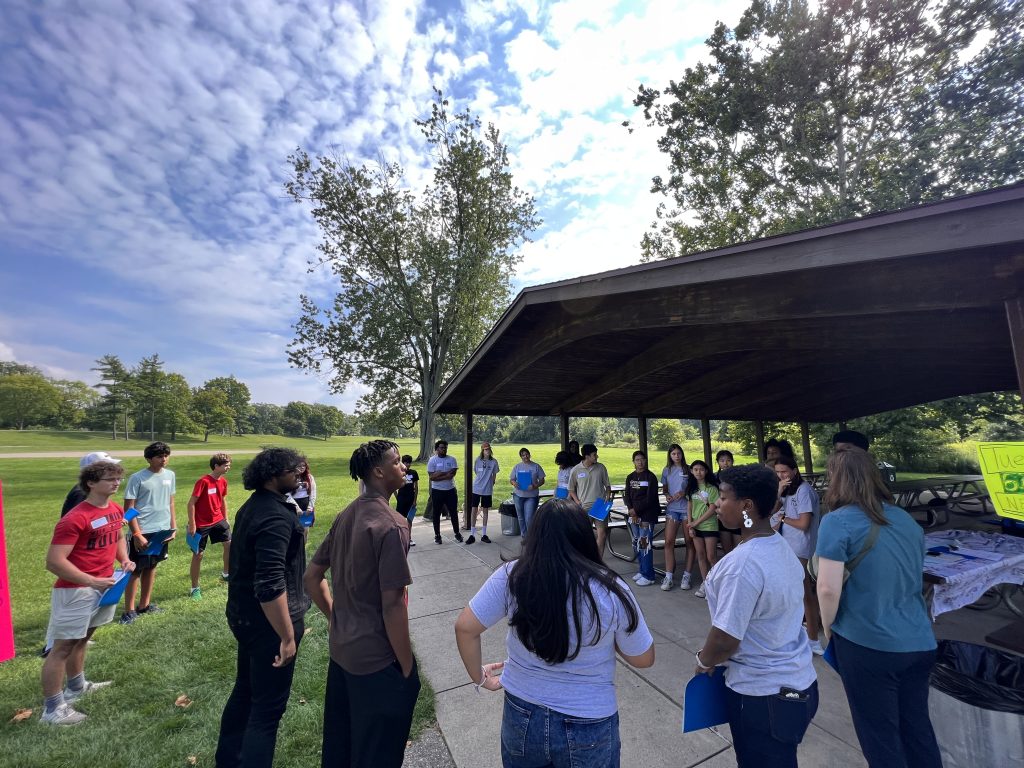
Members of Grand Rapids Community Foundation’s Youth Grant Committee gathering together.
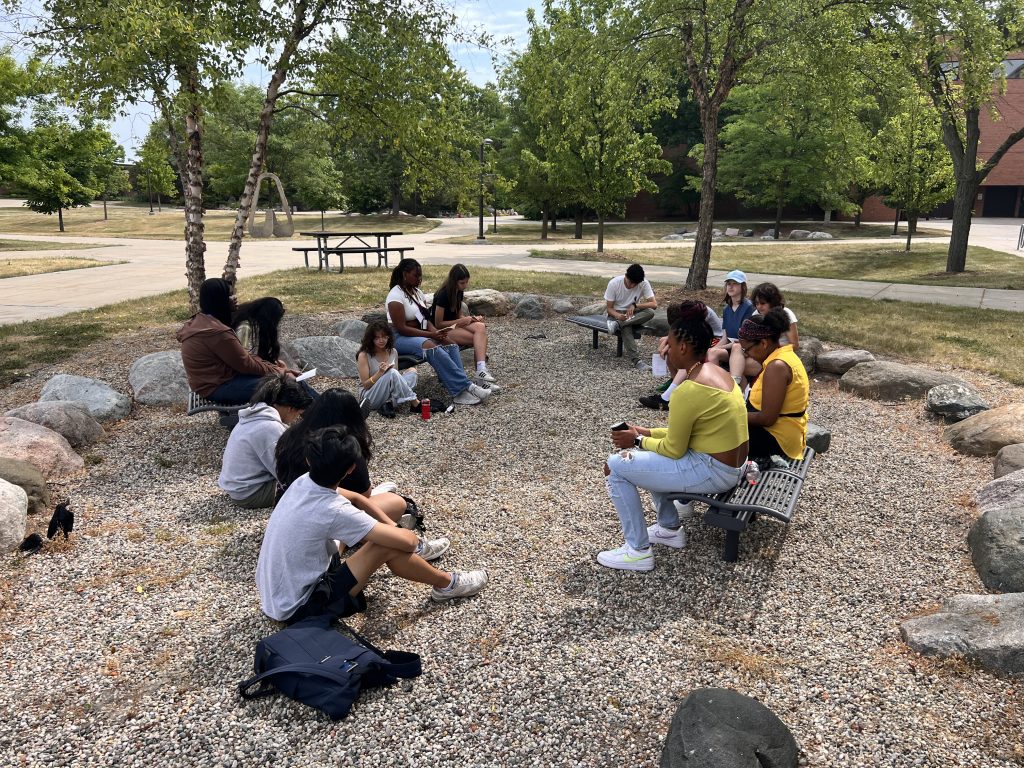
Members of Grand Rapids Community Foundation’s Youth Grant Committee gathering together.
Youth are leaders of the future and today, engaging in courageous conversations, embracing differences and advancing diversity, equity and inclusion (DEI) efforts across the state.
The Grand Rapids Community Foundation is supporting its Youth Grant Committee (YGC) in changing its own practices to be more inclusive of the entire community.
“The community foundation and our YGC are committed to fostering inclusivity by reflecting and improving the ways we conduct our grantmaking and needs assessment,” 18 year-old Lendy Chavez, a high school senior and Grand Rapids Community Foundation YGC member, said.
The community foundation YGC recently made an important shift in offering its needs assessment in both English and Spanish.
“By making the whole process more accessible we hope to make sure that youth of all backgrounds are heard and that we can help in creating change,” Chavez said.
Chantal Pasag, the program officer who also supports the YGC at the community foundation, shared that the addition of offering the needs assessment in Spanish was an important call-in for the community.
“I’m really proud of our students for asking, ‘If we’re going to continue to be inclusive, what does that look like, and what other barriers can we continue to break down so that we can hear from a broader, more diverse group of youth?’” Pasag said.
The YGC decided that if they’d be communicating in Latinx communities, then they should be intentional about removing language barriers.
“Breaking that language barrier is crucial in supporting our Spanish-speaking youth in Grand Rapids, making our ability to make change more diverse and inclusive,” Chavez said.
Producing a version in Spanish was an important change shared by Latinx youth on the committee.
“It’s important to actively listen to youth, to listen to their ideas, perspectives and visions for their communities, but to also amplify the youth voice by supporting it through action,” Chavez said.
“By making the whole process more accessible we hope to make sure that youth of all backgrounds are heard and that we can help in creating change.”
Lendy Chavez
High School Senior and Grand Rapids Community Foundation YGC Member
Listening to the priorities and suggestions of the YGC brought the needs assessment to an audience that may have otherwise been left out of the conversation, opening the door for increased participation and input from the Latinx community.
“That needs assessment also informs our grant application guidelines,” Pasag said. “Any organizations that want to apply need to know that their program must meet this set of criteria because this is what our students are looking for. Most importantly, students are looking for youth participation and a youth-centered voice in all programming.”
Pasag wants the YGC to experience how to continue to evolve grant-making practices so that the community foundation can deepen support of student-centered and student-led programming.
YGC members and the community foundation are exploring how they can infuse a greater diversity of youth on committees and what they might want to consider to make participation more accessible.
Last year, Chavez had the opportunity to attend the Latinx Youth Conference with other Latinx students on behalf of the YGC to share information about YGC in hopes of recruiting new members who identify as Latinx.
Pasag mentioned that moving forward, there will be more intention around creating space for race and ethnicity to be highlighted in the YGC program application.
“Bridging divides means establishing relationships built on trust and transparency with community by supporting projects and programs that address community needs and by being committed to fostering inclusivity,” Chavez said.
